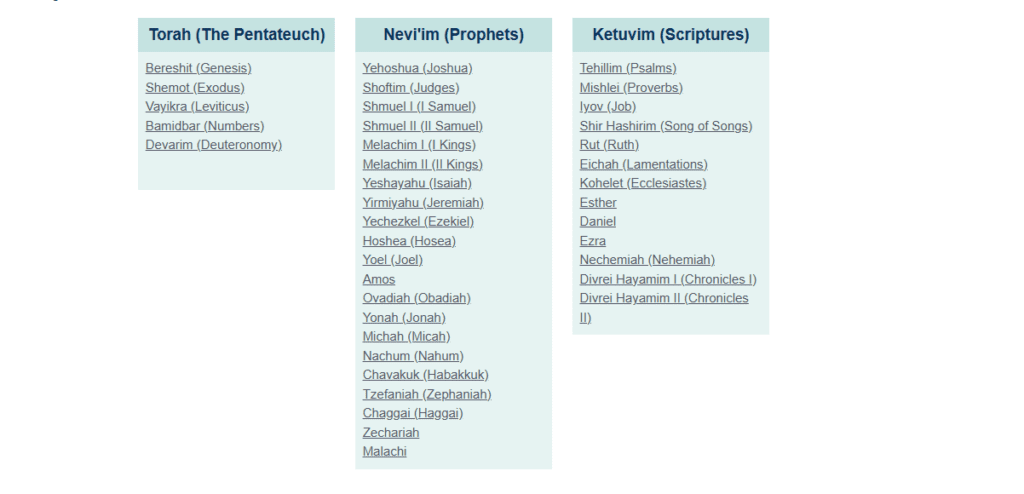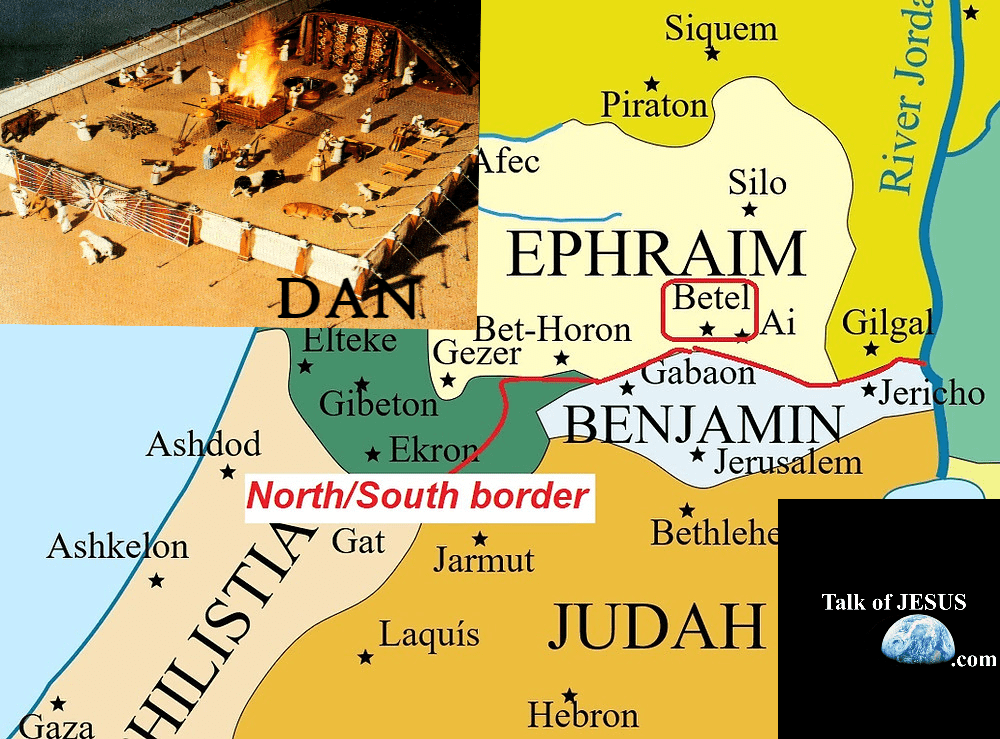And behold, a man of God .. cried out against the altar by the word of the Lord, and said, “O altar, altar! Thus says the Lord:
Are you going to listen?
So SEVERE the message! And who is this anonymous Prophet? (I’ve never heard of him — and we’re in a church gathering after all..) Who is this man approaching the King?

WE worship a King and Priest with his own hill and altar of worship and praise of the People.
Will we hear God’s Voice through the true Prophet of the Almighty?
An Altar of Stone on the Stage of Worship
Surround it with towering Common Era walls of glass — or even a city built for worship of every ancient saint and yet another elevated arch–episkopos —
Stand over it and hold up so many sacrifices of the people,, stained with the Blood of unseen sins.. proclaiming the Altar on your stage for ‘Him‘ as Priest of Aaron and King over all your people..
And so.. you people gathered for a week’s sprinkling of grace.. a people of amplified praise of prepositional paraphrased worship.. have you who praise him as king who thank him as priest.. DO YOU hear the Prophet who rejects the Blood of your every sacrifice?
Prophet, Priest and King
It's an ancient and little-noticed scenario of the present .. that of the specific roles of mortal men (yes, men) anointed as intercessors on behalf of those they lead in worship and in an ever-so-brief life in the flesh and blood of the created.
Have you heard this Scripture in your worship?
NOTE the roles of those involved:
1 Kings 13:
‘Behold, a child, Josiah by name, shall be born to the house of David; and on you he shall sacrifice the priests of the high places who burn incense on you, and men’s bones shall be burned on you.’ ”
1 Kings 13:2b NKJV
IF you know this Scripture you will realize that I have intentionally omitted some of this introduction in order to focus on its participants.
You most likely know that Josiah became a young King of Judah, right?
A Hebrew view of Scripture
Although you may recall a more famous Prophet from the book of First Kings, like me you may have wondered why the Christian Bible includes 1 & 2 Kings as O.T. History and not with the Prophets (who lived during these same historic times).

Take a quick Jewish look back at a fallen and broken Kingdom of David.
Without noting Scriptures pointing to named authors of God’s written word in the Hebrew list of Nevi’im (Prophets) the Tanakh includes Joshua (the General of Moses), Judges, Samuel (a Priest of the God) and Kings with the former Prophets BEFORE the Exile and other books (i.e. Lamentations of Jeremiah the Prophet) as Post-exilic Scriptures.
The LEADERSHIP ROLES of GOD’s Chosen peoples have changed over time — both Before Christ and in these last days of Christ’s Chosen Church.
Has man (anthrōpos) misrepresented the WRITTEN instruction of the LORD?
Here in 1 Kings we read one (of many) Scriptural examples and warnings to worshipers of God.
(Have you heard them?)
Kings in charge (or so they thought)
Let's examine this Scripture (or Hebrew book of the Prophets) in terms of leadership roles and relationships.
And behold, [in] Bethel .. Jeroboam stood by the altar to burn incense. Then [the man] cried out against the altar..
1 Kings 13:1-2 excerpt
To set the scene:
- Bethel בֵּית־אֵל
Bethel was a royal city of the Canaanites (Joshua 12:16). It appears to have been captured by Joshua (8:7), and it was allotted to Benjamin (Joshua 18:22).
To counteract the influence of Jerusalem as the national religious center Jeroboam embarked on the policy which won for him the unenviable reputation of having "made Israel to sin." Here he erected a temple, set up an image, the golden calf, and established an imposing ritual. It became the royal sanctuary and the religious center of his kingdom.
- Jeroboam יָרָבְעָם
The LORD brought Israel to ruin before Judah. The decline began from the first kings of each divided nation AND the LORD sent prophets to them again and again.
Israel’s Rebellion
READ more (from 1 Kings 12) for the context of the LORD's curse against the altar of Jeroboam.
And do not presume, O divided Nation of this Common Era, that WE are so free from the judgement of the Lord our God.
So Israel has been in rebellion against the house of David to this day.
12:19 וַיִּפְשְׁעוּ יִשְׂרָאֵל בְּבֵית דָּוִד עַד הַיּוֹם הַזֶּה׃ ס
But the word of God came to Shemaiah the man of God..
” Therefore they obeyed the word of the LORD, and turned back, according to the word of the LORD.
- Jeroboam
12:25 Then Jeroboam built Shechem in the mountains of Ephraim, and dwelt there…
31 He made shrines on the high places, and made priests from every class of people, who were not of the sons of Levi.
Jeroboam ordained a feast .. like the feast that was in Judah, and offered sacrifices on the altar.
So he did at Bethel, sacrificing to the calves that he had made.
And at Bethel he installed the priests of the high places which he had made…
So he made offerings on the altar which he had made at Bethel .. And he ordained a feast for the children of Israel, and offered sacrifices on the altar and burned incense.
1 Kings 12:33 NKJV excerpt
a Prophet from Judah
- a man of God
Returning to 1 Kings 13 and the cursed altar where we began don't miss that an unnamed Prophet delivers this key message from the LORD.
13:1 וְהִנֵּה אִישׁ אֱלֹהִים בָּא מִיהוּדָה בִּדְבַר יְהוָה אֶל־בֵּית־אֵל וְיָרָבְעָם עֹמֵד עַל־הַמִּזְבֵּחַ לְהַקְטִיר׃
And behold, a man of God went from Judah to Bethel by the word of the Lord, and Jeroboam stood by the altar to burn incense. 2 Then he cried out against the altar by the word of the Lord, and said, “O altar, altar! Thus says the Lord:
‘Behold, a child, Josiah by name, shall be born to the house of David; and on you he shall sacrifice the priests of the high places who burn incense on you, and men’s bones shall be burned on you.’ ”
3 And he gave a sign the same day, saying, “This is the sign which the Lord has spoken: Surely the altar shall split apart, and the ashes on it shall be poured out.”
4 So it came to pass when King Jeroboam heard the saying of the man of God, who cried out against the altar in Bethel, that he stretched out his hand from the altar, saying, “Arrest him!”
Then his hand, which he stretched out toward him, withered, so that he could not pull it back to himself.
The altar also was split apart, and the ashes poured out from the altar, according to the sign which the man of God had given by the word of the Lord.
1 Kings 13:5 NKJV – more
6Then the king answered and said to the man of God, “Please entreat the favor of the Lord your God, and pray for me, that my hand may be restored to me.”
So the man of God entreated the Lord, and the king’s hand was restored to him, and became as before. Then the king said to the man of God, “Come home with me and refresh yourself, and I will give you a reward.”
Who with ears to hear does not tremble at this outcome spoken by the 'man of God' - an unnamed Prophet hearing the KING order his arrest; and yet a son of man healing the outstretched arm of Israel's King and self-appointed Priest?
But have you even heard of such a thing in YOUR contemporary evangelical house of worship?
Before Christ in Gethsemane
אֱלֹהִים
And behold, a man of God…
“Do not think that I came to destroy the Law or the Prophets. I did not come to destroy but to fulfill.
Jesus preached from 'the Law and the Prophets,' which includes both books of Kings.
He went into their synagogue. And behold, there was a man who had a withered hand.. Then He said to the man, “Stretch out your hand.” And he stretched it out, and it was restored as whole as the other.
Matthew 12:9a,10a, 13 NKJV
So could a man of God have healed Jeroboam's withered arm? Do you believe that JESUS could have instantly healed this man in the Synagogue?

And suddenly, one of those who were with Jesus stretched out his hand and drew his sword, struck the servant of the high priest, and cut off his ear… In that hour Jesus said to the multitudes,
“Have you come out, as against a robber, with swords and clubs to take Me? I sat daily with you, teaching in the temple, and you did not seize Me.
“But all this was done that the Scriptures of the prophets might be fulfilled.”
Gospel of Matthew 26:56 NKJV
Then all the disciples forsook Him and fled.



